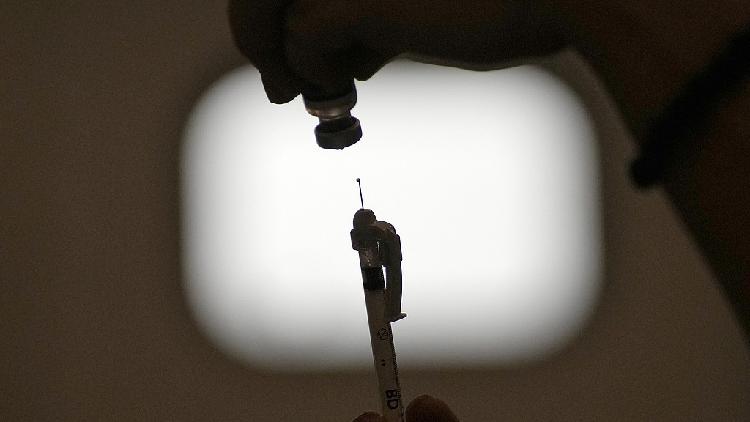Traveler Carries First Case of New Mpox Variant, U.S. Health Officials Report
U.S. health officials announced on Saturday that they have verified the initial U.S. case of a novel variant of mpox, which was first identified in eastern Congo.

The affected individual had traveled to eastern Africa and received treatment in Northern California after returning, as reported by the California Department of Public Health. Symptoms are improving, and the public's risk remains low.
According to the state health department, the individual is currently isolating at home, and health workers are contacting close contacts as a measure of caution.
Mpox is an uncommon illness resulting from a virus that belongs to the same family as the smallpox virus. The disease is endemic in certain regions of Africa, where infections typically occur from bites by rodents or small animals. Symptoms can range from milder ones such as fever, chills, and body aches to more severe manifestations, which may include lesions on the face, hands, chest, and genitals.
Earlier this year, researchers noted the rise of a new variant of mpox in Africa, which spreads through close contact, including sexual interactions. This variant has been widely transmitted in eastern and central Africa. However, the U.S. Centers for Disease Control and Prevention indicated that in cases identified in travelers outside the continent, transmission has been quite limited.
Since late September, over 3,100 confirmed cases of this new mpox variant have been reported, primarily in three African countries: Burundi, Uganda, and the Democratic Republic of the Congo.
Cases involving travelers infected with this new form of mpox have also been documented in Germany, India, Kenya, Sweden, Thailand, Zimbabwe, and the United Kingdom.
Health officials mentioned earlier this month that the situation in Congo seems to be stabilizing. The Africa CDC estimates that Congo will require at least 3 million mpox vaccines to curb the spread, along with an additional 7 million vaccines for the broader African continent. The transmission is largely linked to sexual contact as well as close interactions among children, pregnant women, and other vulnerable populations.
Rohan Mehta for TROIB News
Discover more Science and Technology news updates in TROIB Sci-Tech












